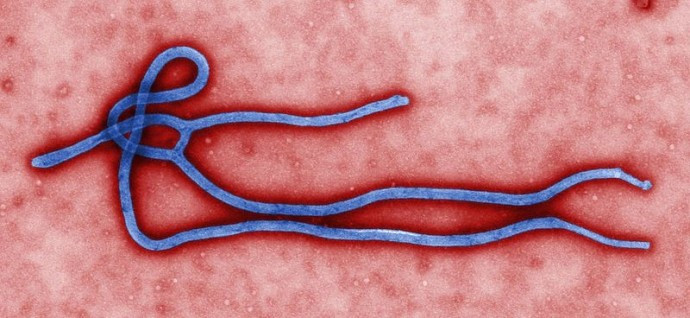Ebola vaccine trials to begin in Liberia within weeks

US health officials plan to start testing vaccines against Ebola in Liberia in the coming weeks, to be followed by trials in Sierra Leone.
Health care workers, family members and burial teams who are most exposed to infection risks will be involved in the trials in the countries at the epicentre of the epidemic. Up to 27,000 people could be enrolled in the year-long Liberian study, beginning with about 600 people.
"A safe and effective vaccine will undoubtedly be a critical tool," Dr Anthony Fauci, head of the National Institute of Allergy and Infectious Diseases, told reporters. The NIAID is sponsoring the first vaccine trial in Liberia.
The first vaccine trial will check two different vaccines against each another and against a placebo. These include GlaxoSmithKline's vaccine and one made by NewLink Genetics and the Canadian government and licensed by Merck.
Both vaccines use harmless viruses to carry bits of Ebola virus into the body, reports NBC News. Merck uses the vesicular stomatitis virus while Glaxo's vaccine uses a common cold virus called an adenovirus that affects chimpanzees but not people.
"The next step is to determine efficacy in both vaccines as well as further safety," Dr Fauci said.
A process that usually takes years has been condensed into a few weeks.
Two vaccines - one from Profectus and the other by Johnson & Johnson – are in final stages of development.
Vaccines aside, plans are on to speed up development of drugs like ZMapp to treat Ebola. Using antibodies grown in tobacco plants, the drug takes a long time to be made.
The outbreak has slowed down a bit with fewer than 150 cases reported, Sierra Leone accounting for most of them.
Liberia's case numbers have also dropped from a high of more than 300 a week to just eight this week.
However, the World Health Organization does not project an end to the epidemic before the middle of the year.
"Unless you extinguish the very last case, it's not over until it's over," Dr Fauci said.
© Copyright IBTimes 2025. All rights reserved.





















